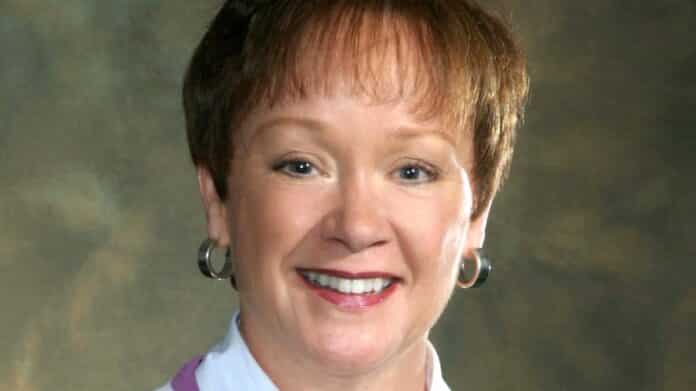
The lifeblood of a strong and enduring democratic society is a citizenry of good character.
Living in a democracy means being a caretaker of democracy. The success of our country is determined by us, and we are all charged with the responsibility of making and keeping it strong. The equation is unambiguous: the character we have as a nation is the sum of the character we have as individuals. Democracy is a shared responsibility, and we must look inward to ourselves, as well as outward to our leaders and fellow citizens, to make it work. Each of us has the obligation to understand the role we play: one of dedication to a life of purpose, integrity, honor, and personal accountability. We are all in this together.
We have some work ahead of us. Using the widely accepted pillars of character — trustworthiness, respect, responsibility, fairness, caring, citizenship — and recognizing their importance to democracy, one can easily identify changes we need to make.
We have an obligation to expect nothing less than honesty from political leaders. No matter how much we might like the policy positions of a candidate or public official, if that person is not trustworthy, our democracy suffers. For example, the Tax Cuts and Jobs Act of 2017 was sold to the public using the argument that the tax cuts would generate enough economic growth to cover the revenue losses incurred due to the cuts. But the tax law changes led to an increased deficit and debt, both of which are expected to continue growing. Good decision-making depends on an honest analysis of the facts.
No matter how much we disagree, we must respect the right of our fellow citizens to have their own opinions and the right to participate. Individually, each of us is one of many and democracy depends upon compromise. Working together to find solutions to the challenges we face is a basic principle of a democratic process. And even when we disagree, we must recognize and honor the rights of our fellow citizens to participate in the electoral and policy-making processes.
As members of a democracy, we have a responsibility to be informed on the issues, as well as on those who serve, or are running to serve, in public office. As the world has become more complex, we have our work cut out for us. To be responsible citizens we must seek out credible sources of information. Research shows that falsehoods spread through social media more quickly and broadly than facts. But it is our charge to seek the truth.
A core tenet of democracy is fairness in the distribution of power among the people. But we will not have a fair process until we reform our campaign finance system to temper the power of “Super PACS.” Specifically, we need to require complete disclosure of contributions so we can eliminate dark money in political campaigns.
Caring is central to our strength. It is generally easier for us to care about those who seem “like us,” but we all benefit when our compassion extends across ethnic, racial, gender, economic, and geographic lines. As spoken so eloquently by President Ronald Reagan, “We lead the world because, unique among nations, we draw our people — our strength — from every country and corner of the world. While other countries cling to the stale past, here in America we breathe life into dreams. We create the future, and the world follows us tomorrow.” He was right. Research shows that workplace diversity improves performance. Caring about others is not just morally right; it makes us stronger.
Finally, there should be no question that we will also be stronger if everyone makes a commitment to good citizenship. In their book “How Democracies Die,” Harvard professors Steven Levitsky and Daniel Ziblatt write that we cannot merely depend on the good character of our leaders; we need shared codes of conduct that are “accepted, respected, and enforced.” We are all bound by the values of democracy. More than any other form of government, democracy demands a high-level commitment to good behavior from the citizenry.
Like physical pillars that are crucial to the support of a material structure, the pillars of character are crucial to democracy. Fairness of process, trustworthiness of the people and leadership, respect and caring for others who share our world, taking responsibility for ourselves and our country, and making our best effort to be good citizens — these are the very things that keep our democracy from crumbling.
Jill Long Thompson is a college professor who is a former member of Congress, former Under Secretary at U.S.D.A., and former Board Chair and C.E.O. at the Farm Credit Administration. She has authored a book, The Character of American Democracy. Send comments to [email protected]



